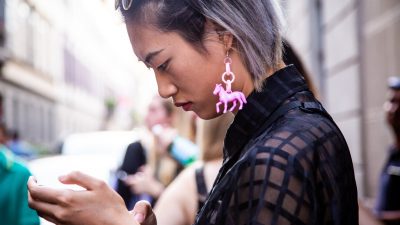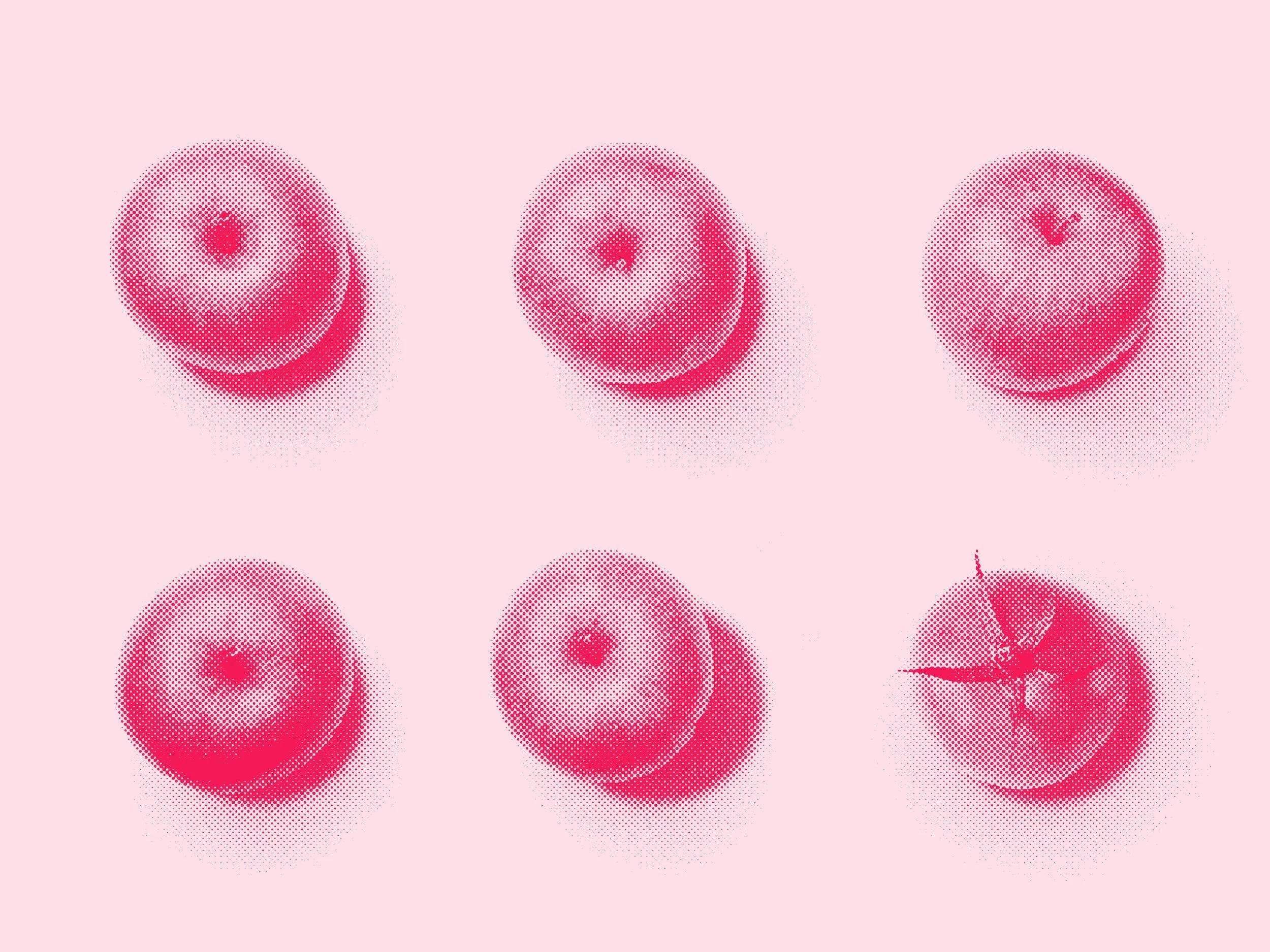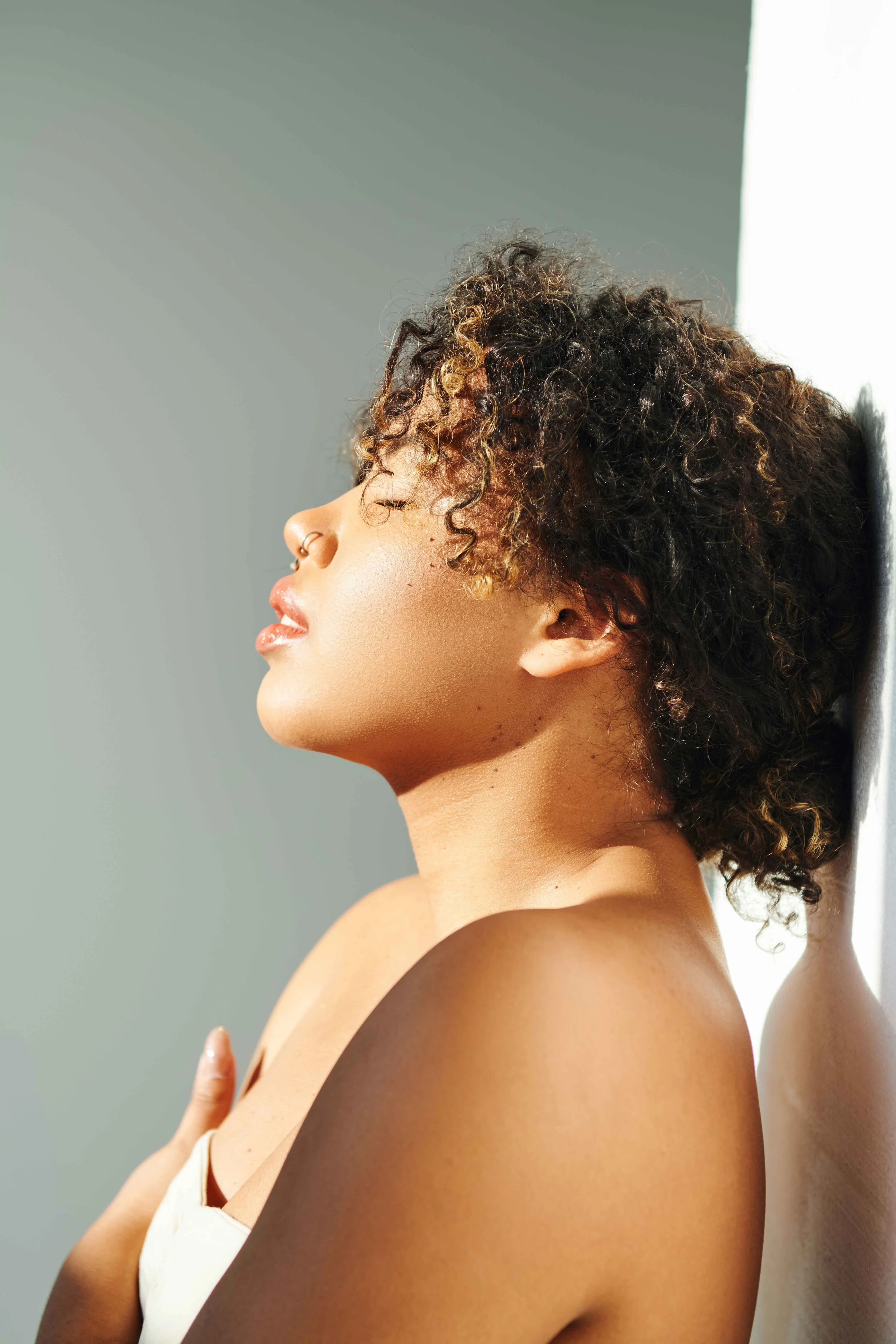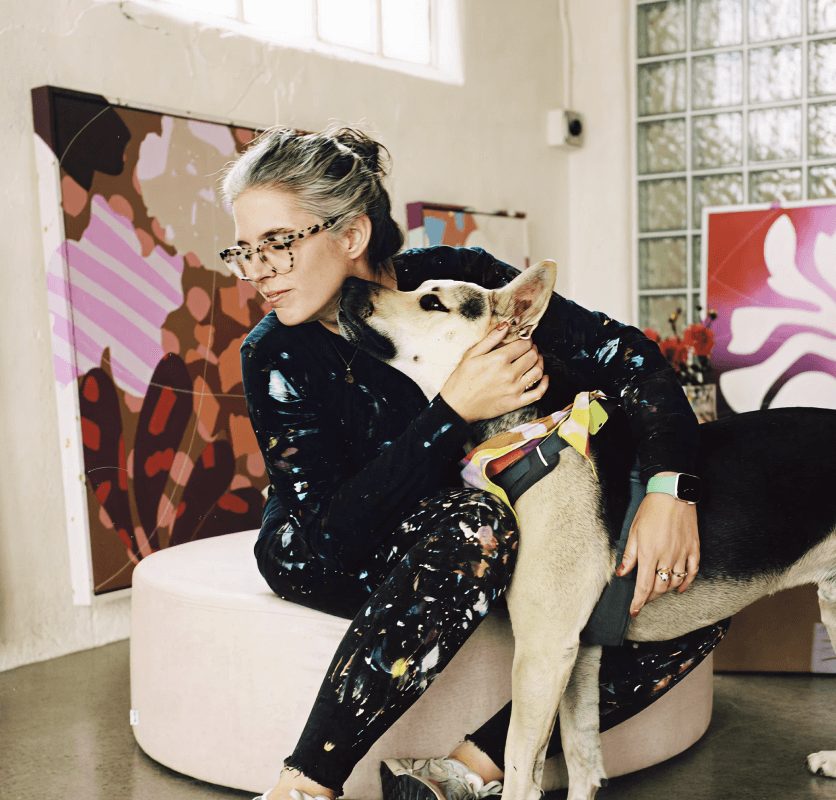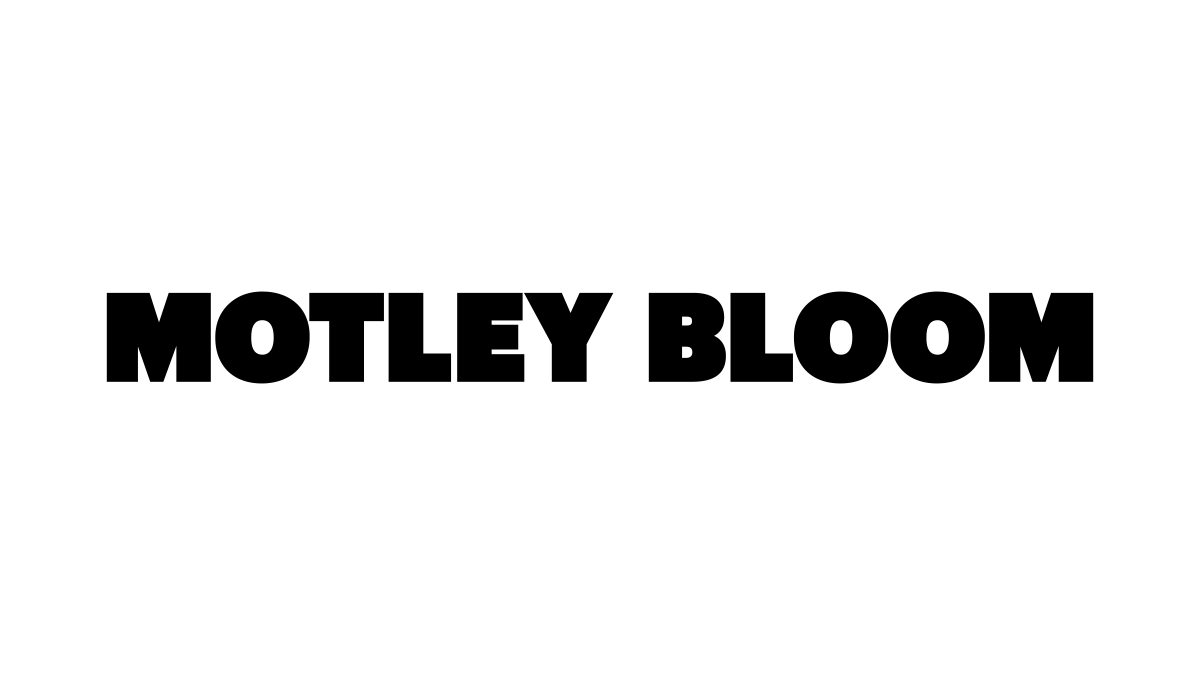BY JULIE LAUFER
I don’t see it until it’s glaring back at me in its full-blown, prickly glory – until I’m standing in a public bathroom, staring at my reflection under fluorescent lighting, thinking, “Oh right, I have a unibrow.”
My ADHD traits show up in my life in more ways than I expect.
Executive function and time blindness mean my brain doesn’t register clutter — until it does… These same traits also make me forget I have a unibrow until it’s too late.
I don’t notice the dining room table starting to fill up with odds and ends until there’s no room to eat a meal. The pile of mail in our foyer is nonexistent until it all topples over one day. And the dirty laundry that hasn’t quite made it into the hamper rears its ugly head only when I realize I can’t find my favorite sweatpants.
While hair growth is a gradual process, I don’t perceive it that way. I don’t watch my eyebrows slowly fill in, registering that I’ll need to pluck them soon. It’s also not a task I actively put off like many others in my life — mailing returns, folding laundry, canceling subscriptions. Despite catching glimpses of myself daily in the mirror or over video calls, it seems as if my unibrow grows overnight, all at once, only to be recognized under some harsh lighting in an unknown bathroom – often without tweezers nearby.
I used to get my eyebrows threaded every 2 to 3 weeks. One of my coworkers-turned-friends organized group eyebrow outings and would add the invite to my calendar for me. I would go and join the group without much thought, handing over $7 plus $2 tip. A system that worked (mostly because I didn’t realize it was a system).
Like managing other mundane tasks that rely on my limited supply of executive function, external accountability helps, but I no longer have a friend scheduling lunchtime eyebrow appointments for me.
“Just add a reminder on your calendar,” one might say, trying to be helpful but instead giving beautifully misguided advice. I regret to inform you that I have – that reminder has been there for years, alongside others to stay on top of trash day or to change air purifier filters.
But once these reminders have been there for long enough, I gloss over the words and no longer see them — more clutter, just like my dirty laundry or the eyebrows these reminders are supposed to help me maintain.
So instead, the dark, wiry hairs scatter themselves unevenly across the pale bridge of my nose and remind me to grab my tweezers. Plucking my eyebrows is a beauty standard I choose to succumb to, after all.
I don’t think removing my body hair is something that I (or anyone, for that matter) must do. As I’ve gotten older and seen more positive representations of body hair in media, I’ve become more comfortable with my unibrow over the years.
I didn’t always feel this way. There have been moments when my unibrow felt like an obvious and devastating mark of my neurodivergence. I hated that I couldn’t manage a task that seemed so simple for others to take care of — and to make matters worse, the physical proof was plastered on my face.
Now, I take a gentler approach. When I remember I have a unibrow, I no longer see it as something I am behind on.
Now, I use it as an opportunity to check in with myself. Oh right, I think. I have a unibrow. I also can’t remember the last time I put lotion on my body — I guess I am feeling a bit itchy. A list of personal tasks suddenly appears, not as strict to-dos to check off but as small ways I can take care of myself. Staring at myself in the mirror has become the external accountability I crave.
Like many of my neurodivergent traits, I no longer see my unibrow as a flaw or something to fix, but rather something I have the tools and awareness to address – should I see fit.
Bio: Julie Laufer is a person with ADHD (among other things) who writes about shifting identities and the nuance of the moments that shape our lives. You can find more of her work on her Substack, This Might Be Cringe. She lives in Brooklyn, NY with her husband, toddler, and cats, Maude and Mathilda.
Follow Motley Bloom

